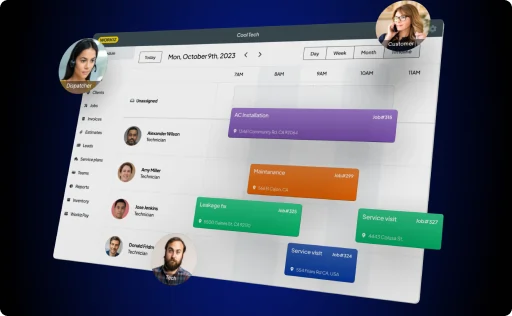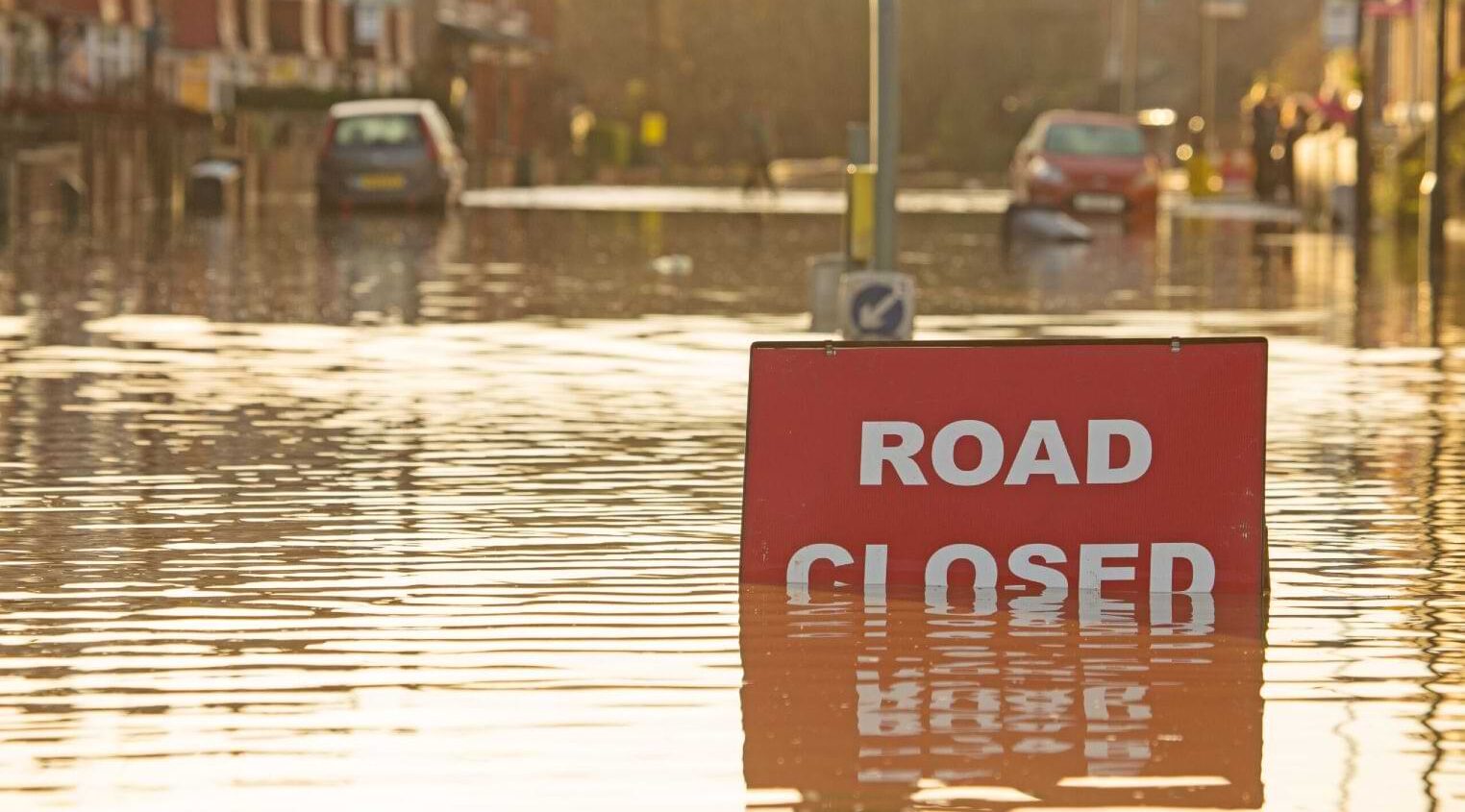Hurricane Ida killed some, got others to shelter in their homes or basements, and caused much damage to the necessary infrastructure, including low-income areas. Before it was even done with new yorkers, it caught back up with the west coast for more destruction.
The silver lining here is that you don’t have to sit by and watch everything falling apart. As a field service professional, it’s your job to make things better, which is why your skills are more necessary in the field than ever. Now’s the time to come together and help your community. Here are 7 great things that you can do right now to help your friends and neighbors live through the disaster:
7 ways to contribute to your community following the floods
1. Rebuild homes and buildings
Just get in there with your field tools and start rebuilding. If you’re a field service pro, you’ll have all the resources you need to rebuild roofs, dismantle fallen trees from houses, remove debris, or fix anything that’s been broken by it. You don’t even have to do this on your own. Ask good neighbors like you to land a hand and manage them in labor that doesn’t require specialized training. You’ll be surprised what people can do when they have one person on the job who knows what he’s doing. For the field service expert, every team member counts – so get everyone to pitch in.
2. Clean up the destruction
No matter how much water there is out there, junk removal pros know better than anyone that you can bring almost anything back into order with enough elbow grease and determination. You’ll need all the proper field instruments for this job, so make sure to clear your schedule. Not only will your customers understand, but they will admire your contribution and will be more likely to hire you later on.
3. Address the dangers at home
When people come back, they’ll be confronted with a whole new set of concerns: their homes will be unsafe until everything gets inspected and repaired correctly. Make sure you explain the danger to them – it’s one thing to fix a mailbox and another to repair a damaged chimney. If you think their home is too dangerous to come back to, don’t hesitate to offer them to stay at some other residence.
However, even if you think their home is safe enough to stay in, it doesn’t mean that they will know what to do or how to fix things. Show them where the water level was and advise on what needs to be done. Help them remove every single piece of debris and put all utilities back online.
4. Save what you can
Even the most experienced service pro can’t always save the world, but good service can save someone’s day. If you’re a garage door specialist, there must be a garage door somewhere that requires repairing. If you’re a carpet cleaner, you can save the carpet that has been passed on in some families for generations. Any work would mean the world to people who don’t want to throw stuff away.
5. Help your field agents
That should be self-explanatory, but don’t hesitate to offer another helping hand to field agents who are already working overtime due to the storms. Find out if anyone needs food or water and make sure that they’re doing well. If you have additional resources, share them with field employees to complete their work in the best possible way.
6. Donate your products and services to a worthy cause
Ensure that your field employees are aware of any organizations that need help after the flooding to support them with fieldwork or other service projects. If you were already about to replace your old gear with newer tools, this is the perfect opportunity to do so, knowing that your equipment will do wonders in the hand of someone else.
7. Stay safe
Even if a job seems urgent and vital, don’t compromise yourself or your team in a way that might end up in an accident or worse.
To avoid unnecessary risks, ensure your field teams are equipped with the knowledge necessary to stay safe when working in flooded areas. Ensure that safety regulations are maintained on-premises and always keep the first-aid kit at bay. This is also a perfect time to make sure that your insurance covers all scenarios that might occur on the field.










